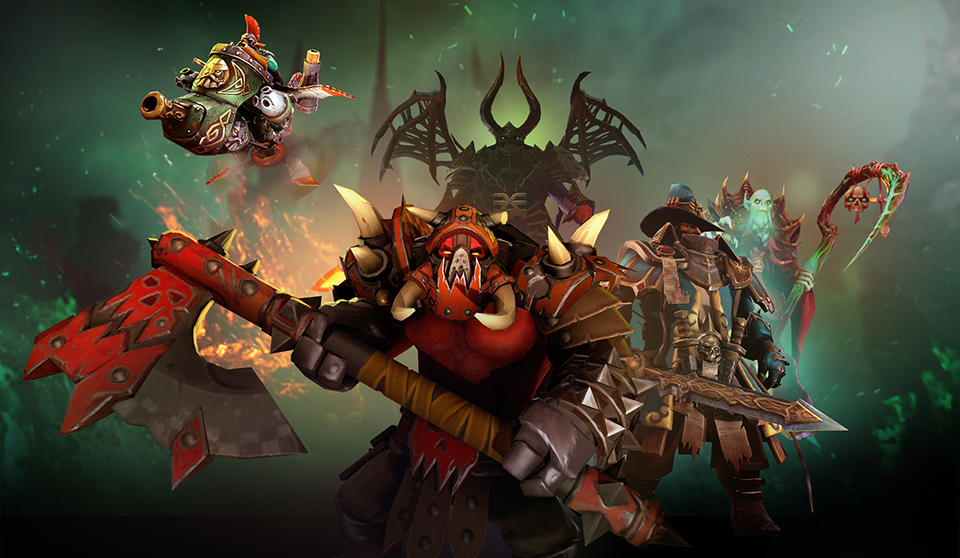Of all the issues Valve constantly receives complaints about with Dota 2, the MOBA’s matchmaking system is a perennial source of angst among the game’s diehard fanbase. While Dota remains incredibly popular and the current MMR system, as we know it, has been around for years, it’s far from ideal. One only has to browse a few forums to see the sheer scale of jokes and complaints about Dota 2’s matchmaking. The list of grievances is long, but the most frequent causes for frustration are smurfing, griefers, feeders, flamers, unequal MMR loss/gain, and, of course, imbalanced games.
What’s the Problem with Dota 2’s Matchmaking?
The truth is that, just like any team game, you’re going to be playing Dota with people whose actions and behavior you have very little influence over. Players with good communication skills might be better at handling difficult teammates, and while conventional wisdom would suggest that the better you become at the game, the better your teammates will be, players even at the highest MMRs regularly having teammates actively feed or abusing the rest of their team.
This problem isn’t limited to high MMR games. Ask any 3k if they’ve had a matchmaking game ruined recently. While the “bad luck” of being matched with poorly performing teammates will balance itself out out over the course of many games, the matchmaking environment in Dota 2 is known for its hostile and negative atmosphere–for many players, these detracts a lot from the actual gameplay.
Is Valve Fixing Matchmaking?
Valve are aware of the issue and have been experimenting with various ways to improve the matchmaking experience.* Now players who are getting regularly reported will end up in low priority as a punishment and have to cooperate with their teammates to get out of it. Low priority games do act as a deterrent, but the players reporting the player will still be left feeling frustrated. The same thing could happen in their very next game. Or the next one. Or the next one.
*Editor’s note: this article was originally published on 01/02/2017. On 04/20/2017, Valve announced the release of the “Matchmaking Update,” which forces players to link a phone number to their account in order to play ranked Matchmaking. The Matchmaking Update also introduced an option which lets players to decide whether or not they want to be matched exclusively with other Solo Queue players.
What’s the Best Matchmaking System?
If there was an easy answer to this, then Valve would already have introduced it. One concept that is regularly suggested is the Prisoner’s Island model. With this system, toxic players only play with other toxic players–some players may have heard of this referred to as the “Shadow Pool,” a mysterious isolated queue for players whose accounts have been flagged. Of course, this model does seem quite harsh: cooperative players often get reported just for playing poorly and toxic players can change their behavior over time. Certainly, when it comes to deliberately feeding couriers there must we a way for Valve to detect this behavior in game, and when it comes to players abandoning, they should lose more MMR than their teammates who have to suffer a loss as a result.
